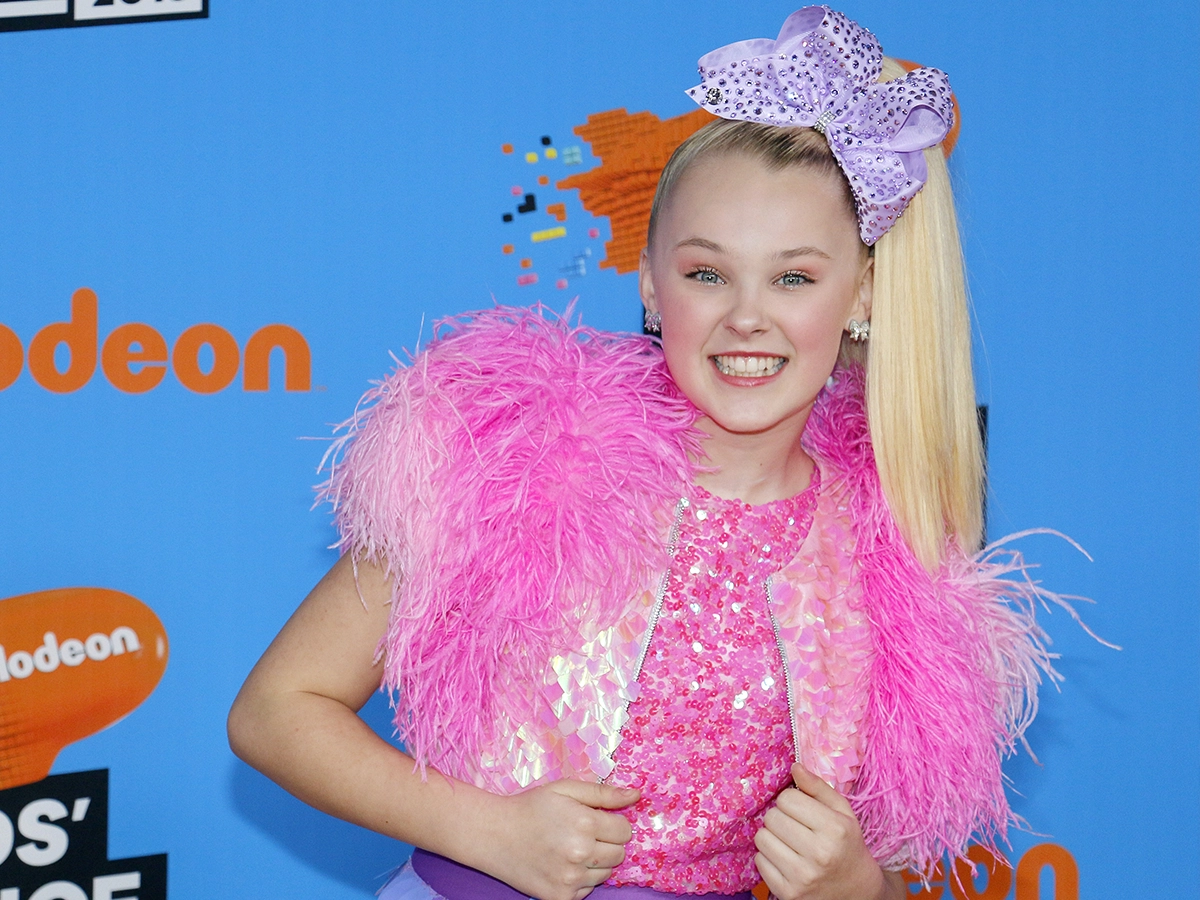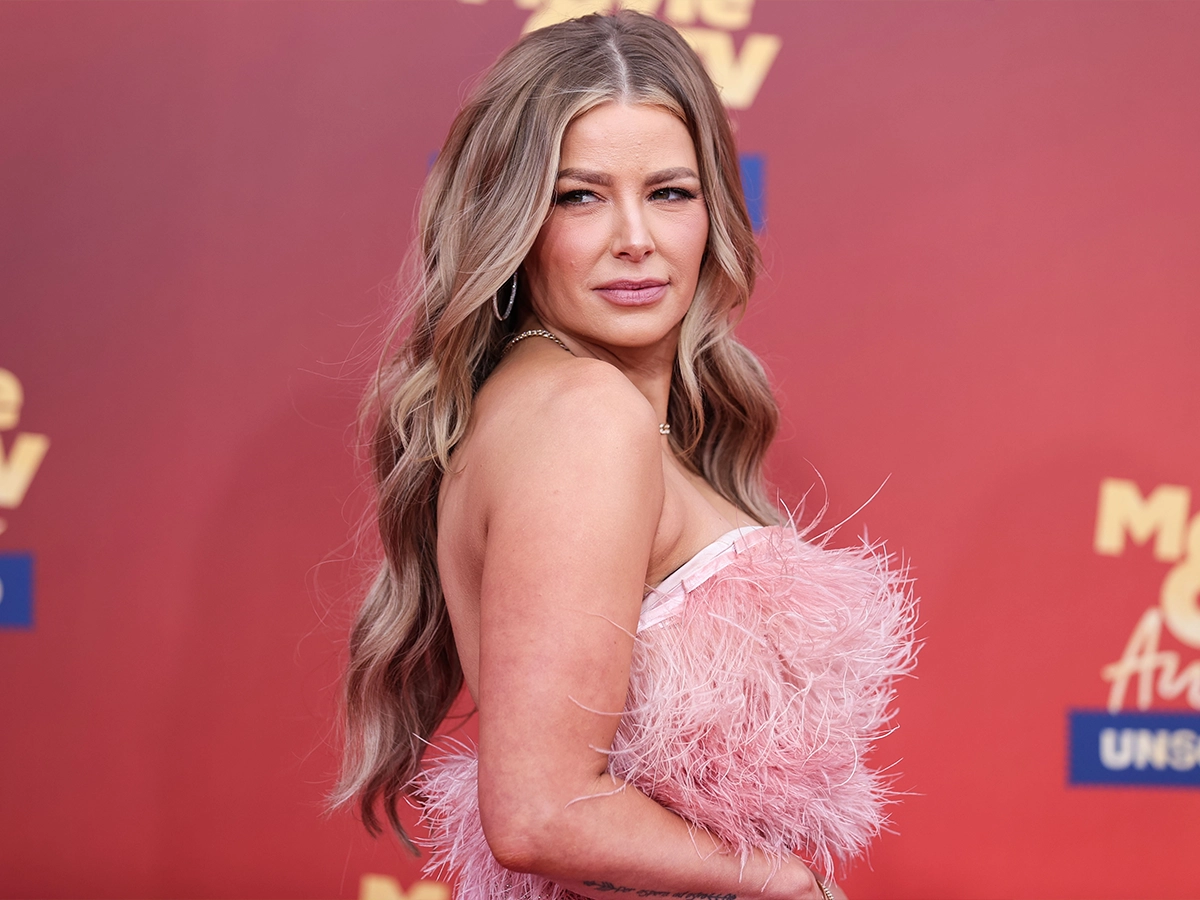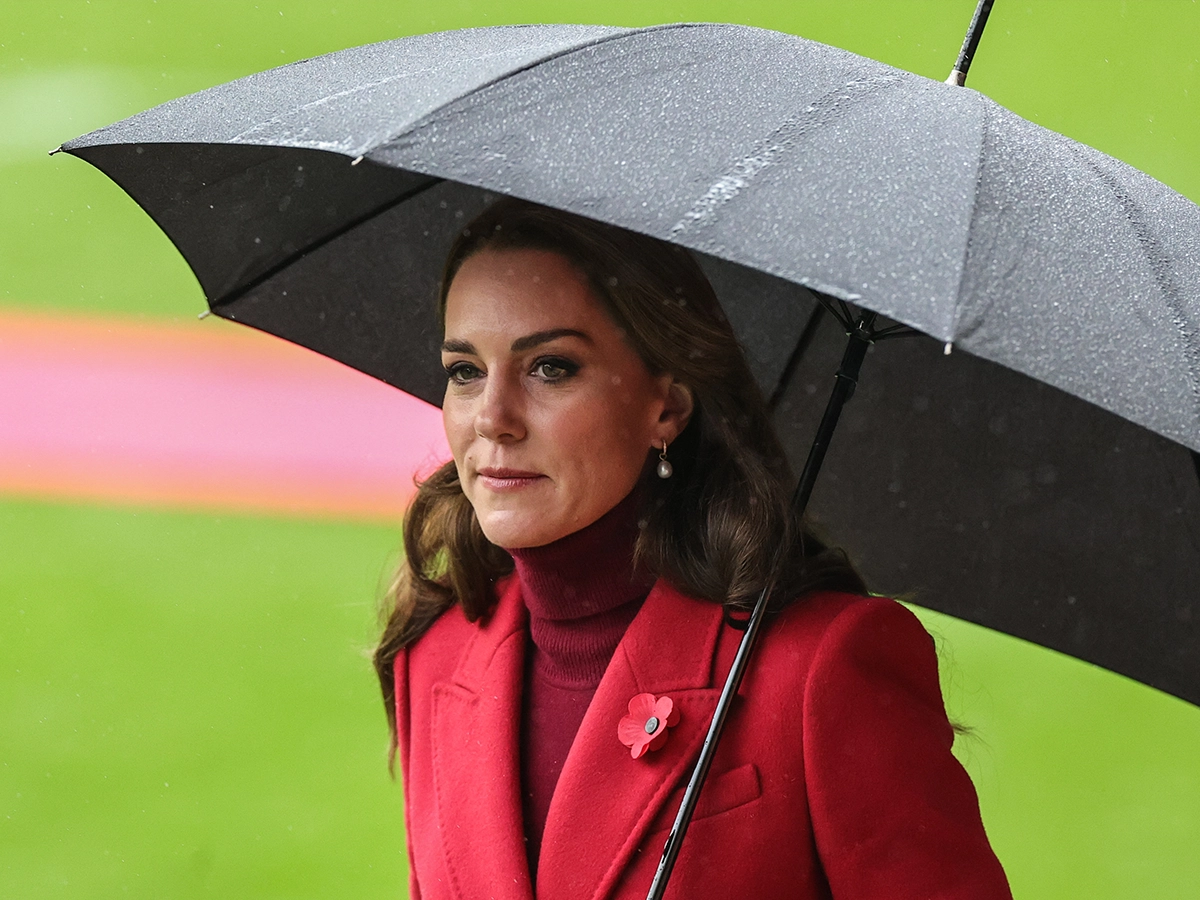How do Different Generations View Body Image Positivity with Media Influence?
Body image positivity is a concept that has evolved and changed over the years, especially with the rise of social media platforms like TikTok and Instagram. Each generation has its own unique perspective on what it means to have a positive body image, and how they approach it has changed with the introduction of these platforms.
For older generations, the concept of body image positivity was not always at the forefront of their minds. The focus was often on conforming to societal beauty standards, which often meant striving for a specific body shape, such as being thin or having a certain type of figure. Advertising campaigns and media representation often perpetuated these beauty standards, which could have a negative impact on people’s self-esteem and body image.
As time has passed, younger generations have embraced a more positive and inclusive attitude towards body image. With the advent of social media, people now have access to a wealth of information and content that promotes body positivity and self-love. On platforms like TikTok and Instagram, individuals can follow accounts that promote body diversity and encourage self-acceptance.
Younger generations have also embraced the idea of body neutrality, which involves shifting the focus away from physical appearance and towards overall health and well-being. This approach recognizes that everyone has different body types and that focusing solely on physical appearance can be harmful.
Social media platforms like TikTok and Instagram have played a significant role in changing the conversation around body image. Influencers and content creators have used their platforms to promote body positivity and self-love. They have shared their own experiences with body image struggles and encouraged their followers to embrace their unique bodies.
However, there are also concerns about the impact of social media on body image. Research has shown that exposure to images of idealized bodies on social media can have a negative impact on body image and self-esteem. Young people may feel pressure to conform to societal beauty standards or compare themselves to others on social media.
It is important for individuals to be mindful of the content they consume on social media and to recognize that what they see online may not be an accurate representation of reality. They should also be aware of the potential negative impact that social media can have on their mental health and well-being.
In conclusion, the concept of body image positivity has changed over the years, especially with the rise of social media platforms like TikTok and Instagram. While younger generations have embraced a more positive and inclusive attitude towards body image, there are also concerns about the impact of social media on mental health and self-esteem. It is important for individuals to be mindful of the content they consume online and to prioritize their mental and emotional well-being.







Have your say